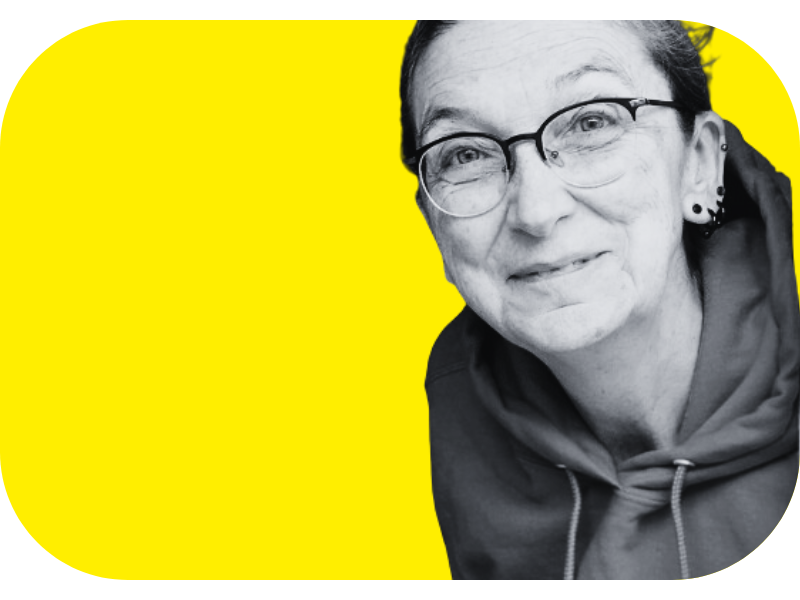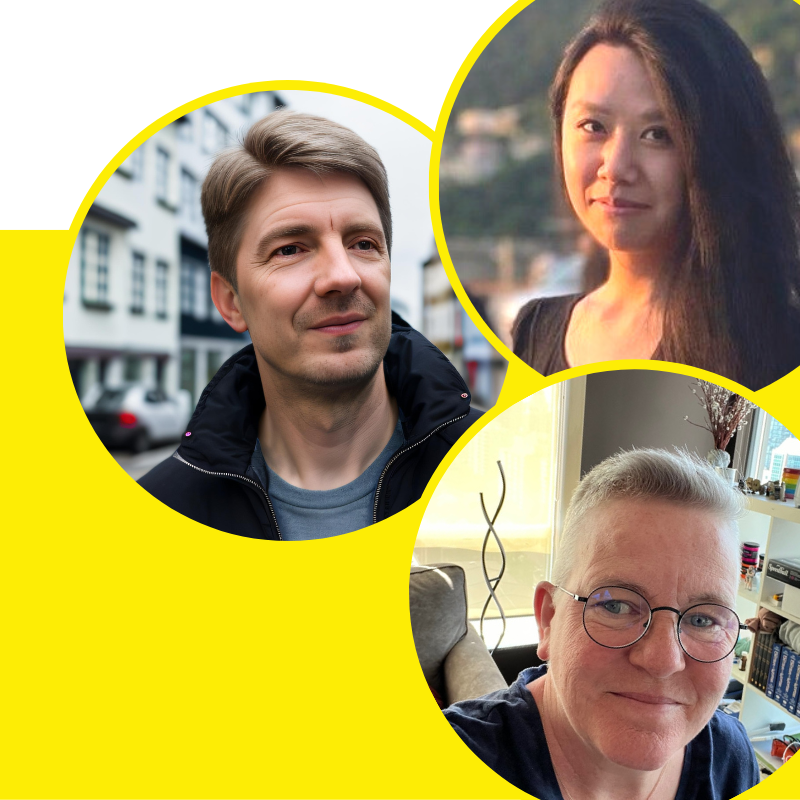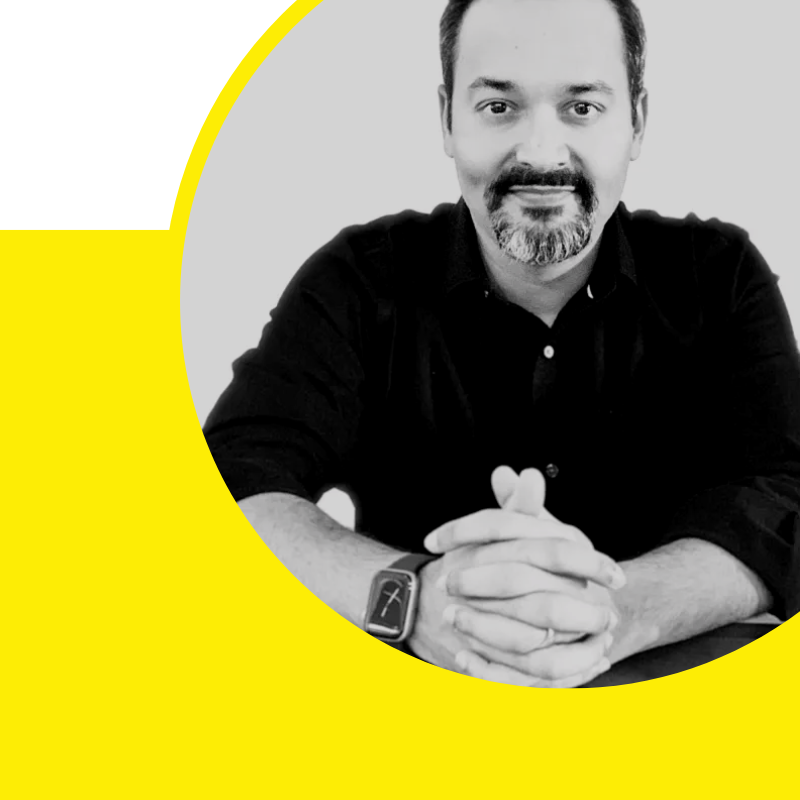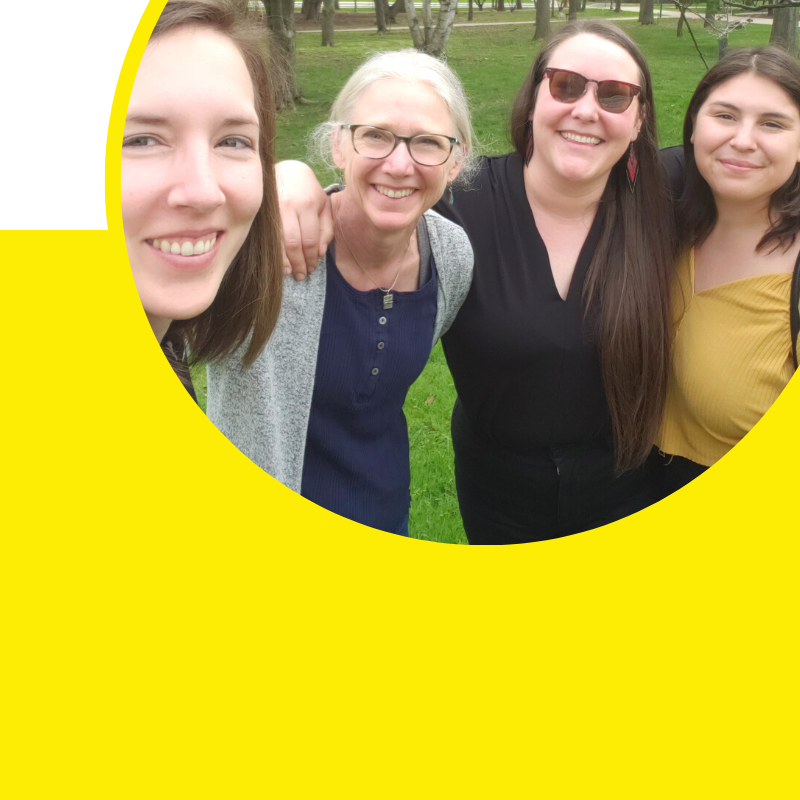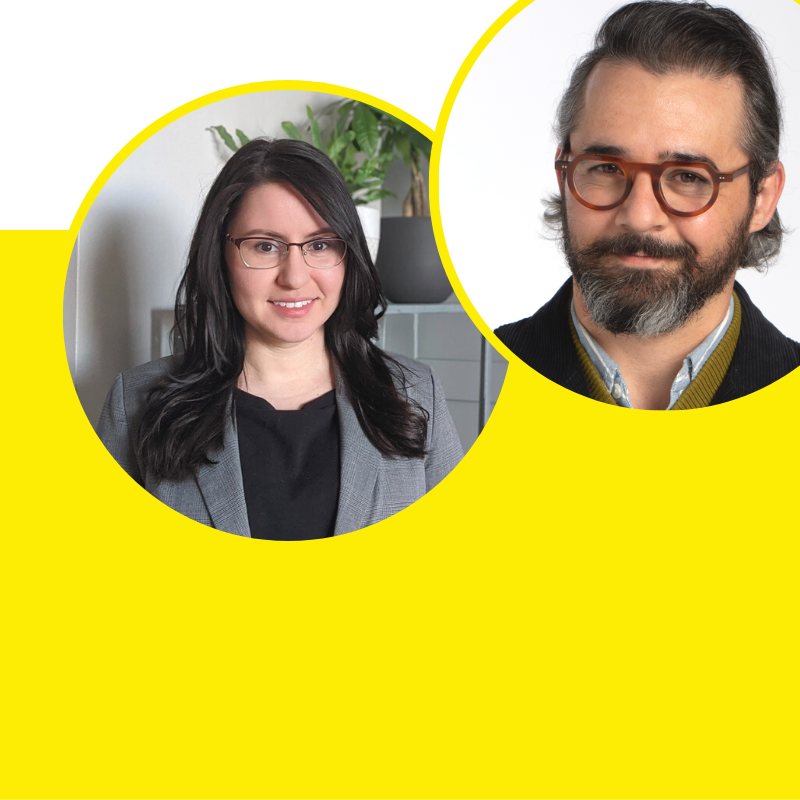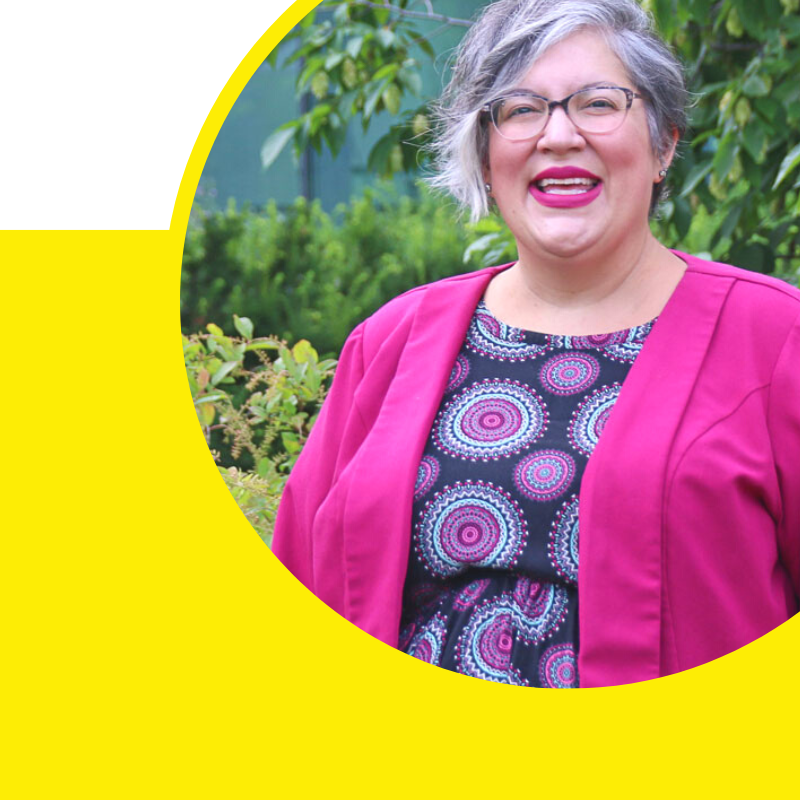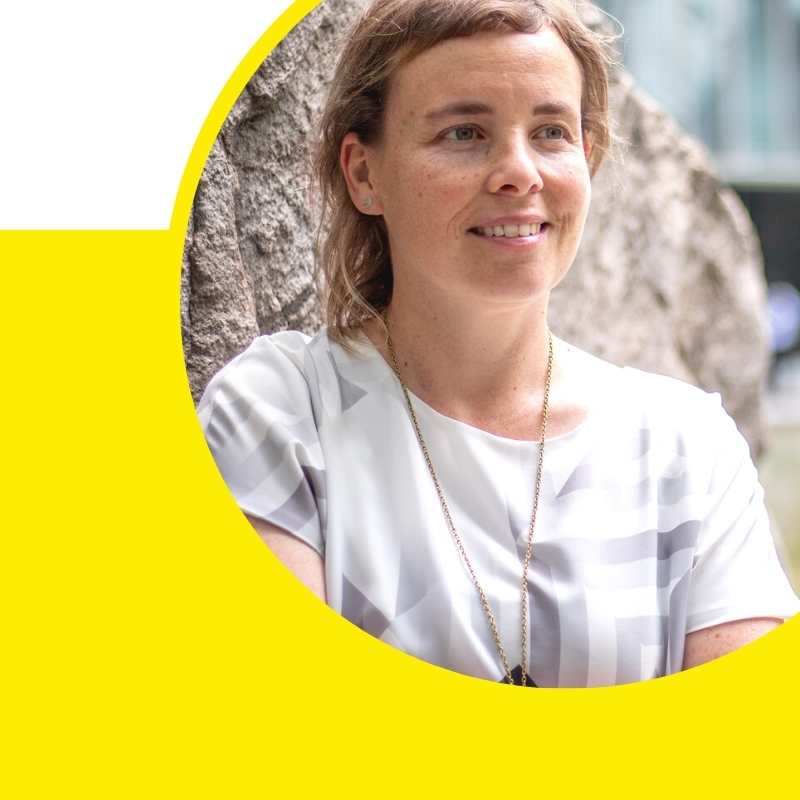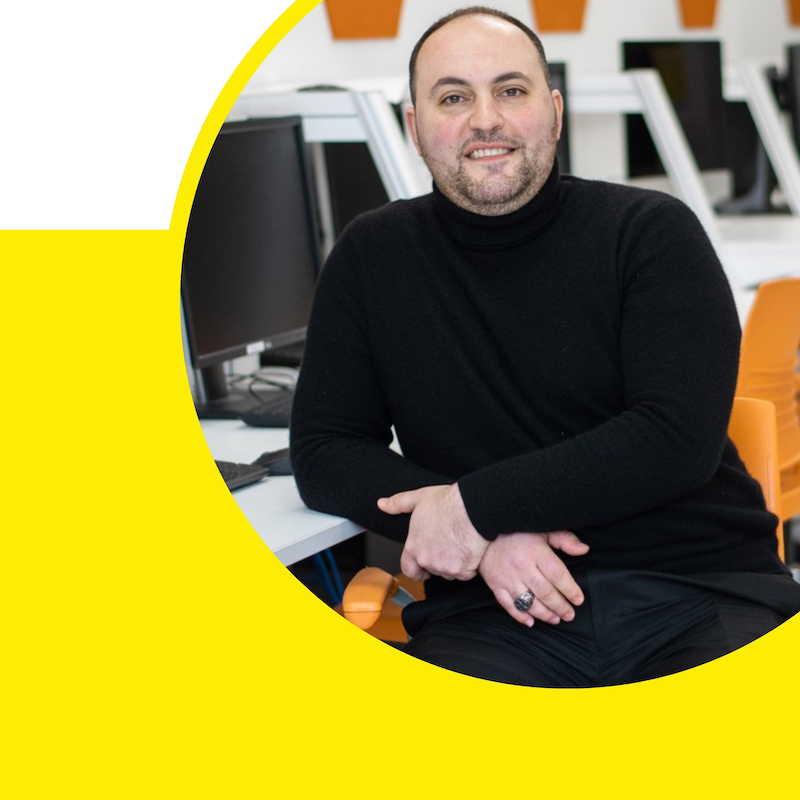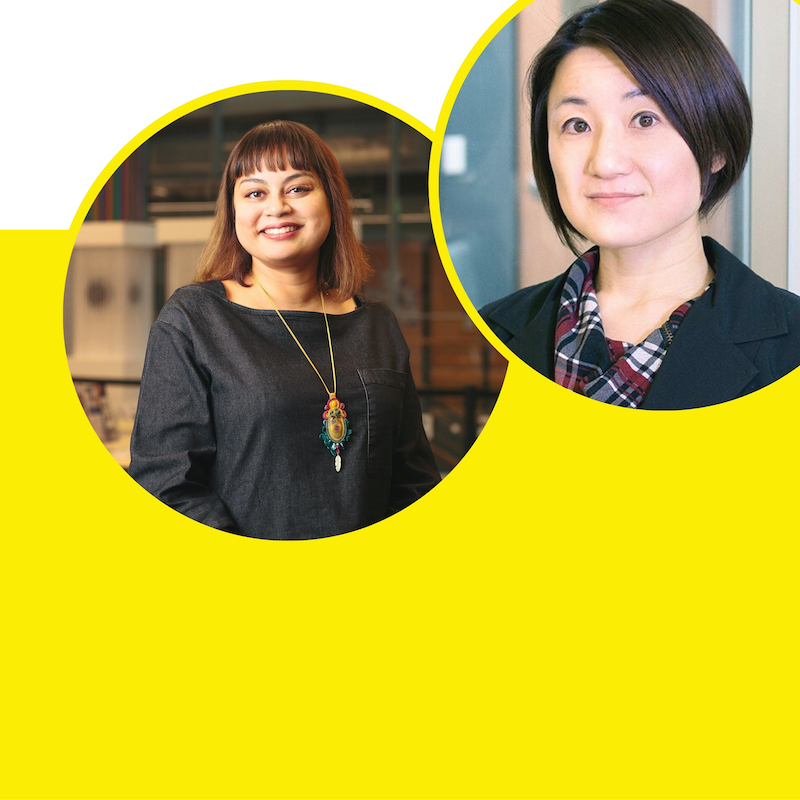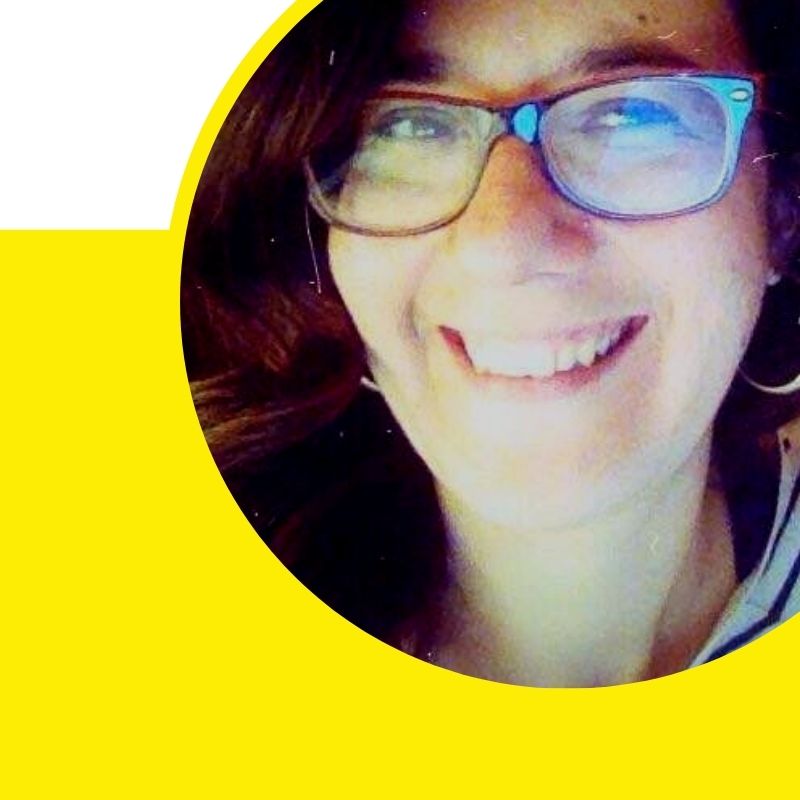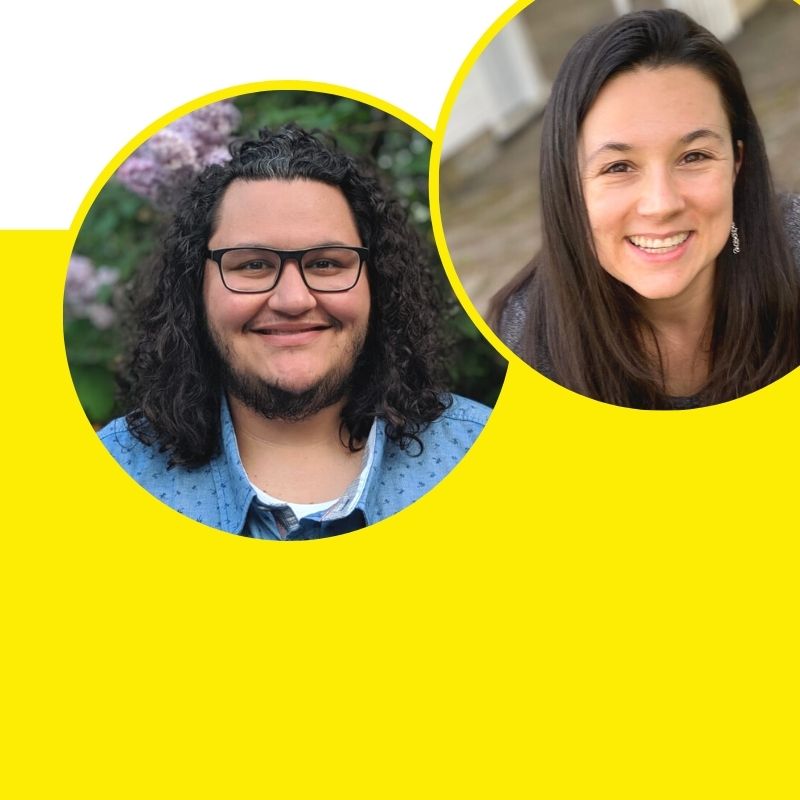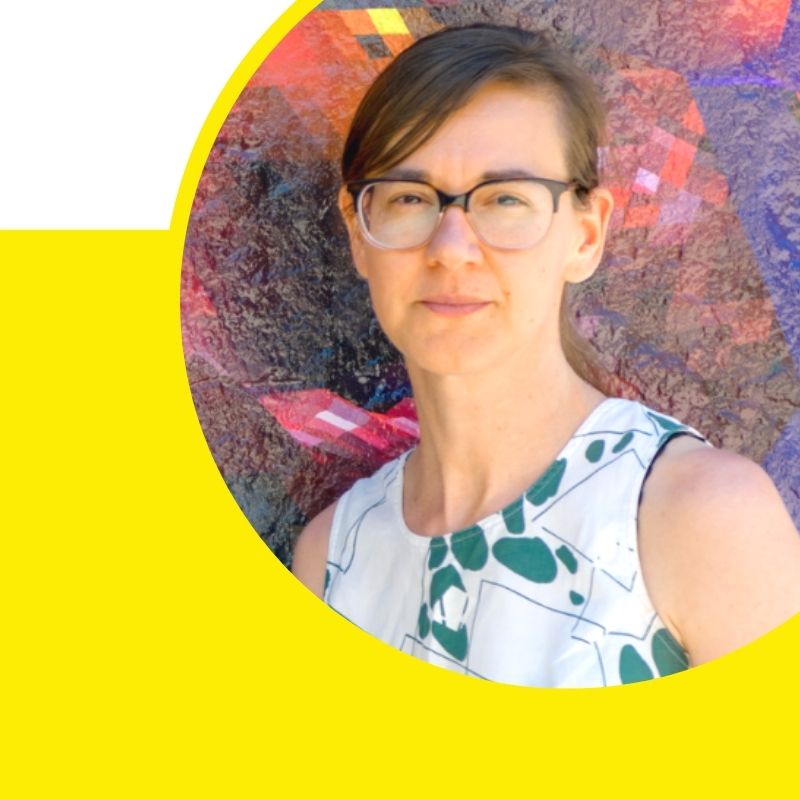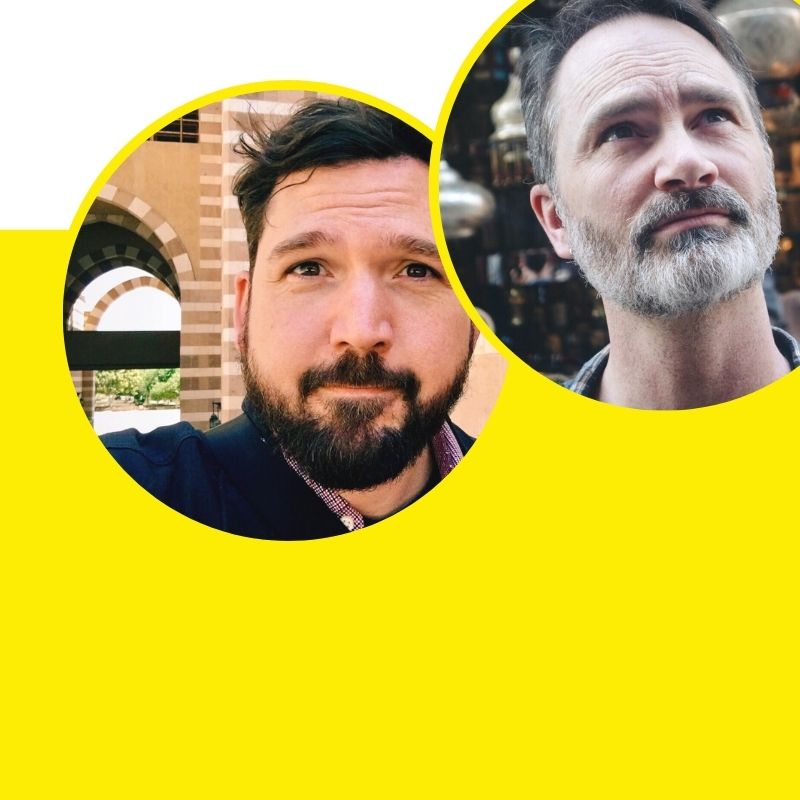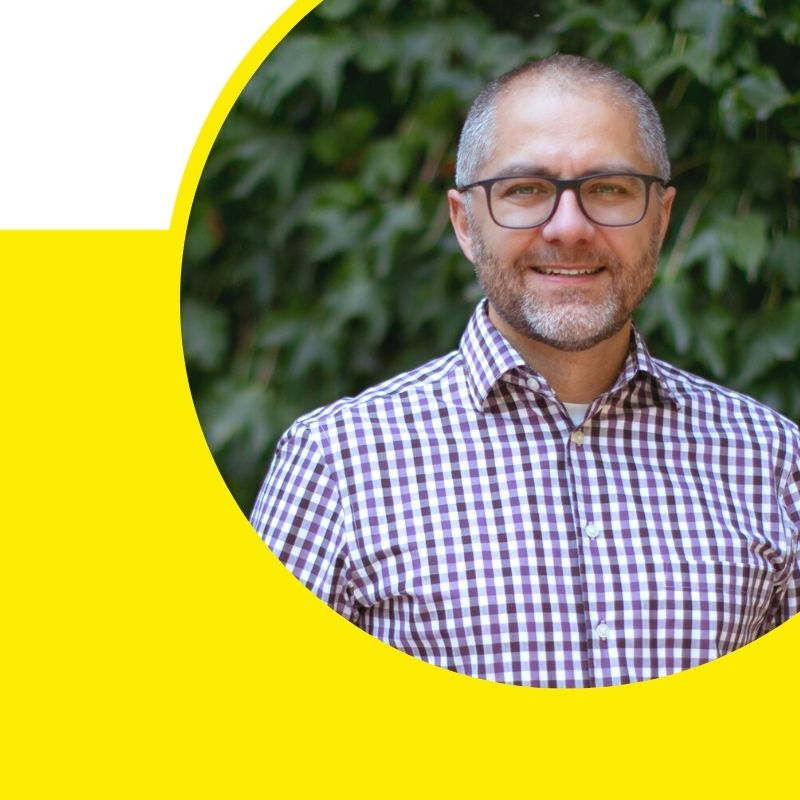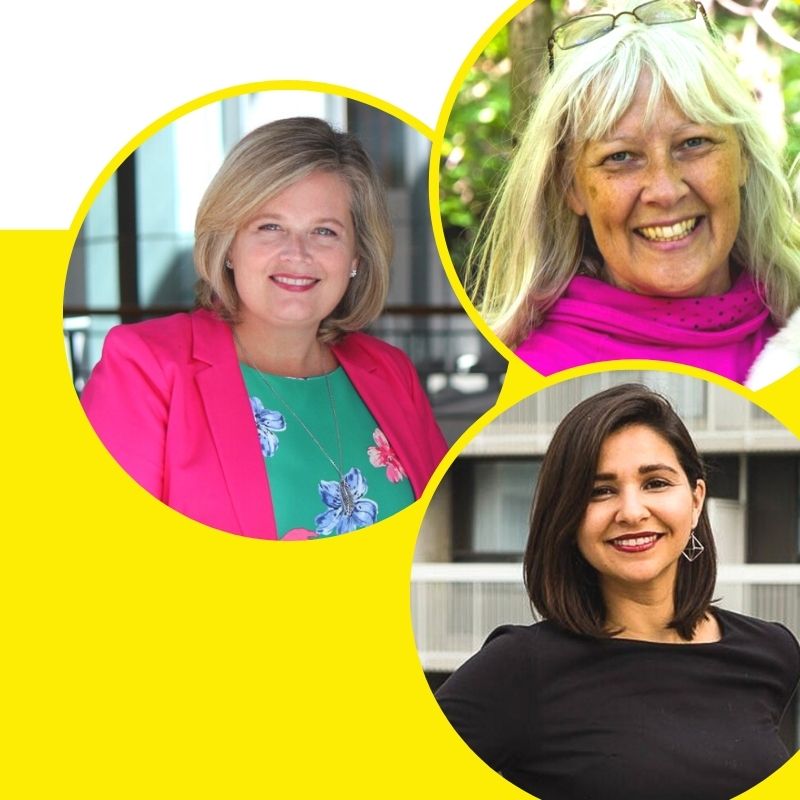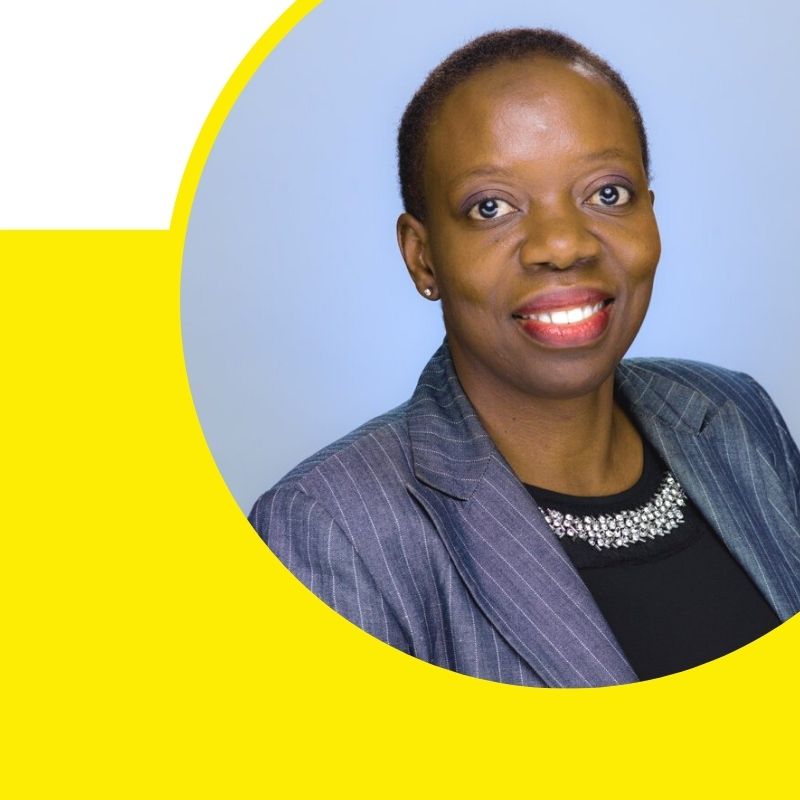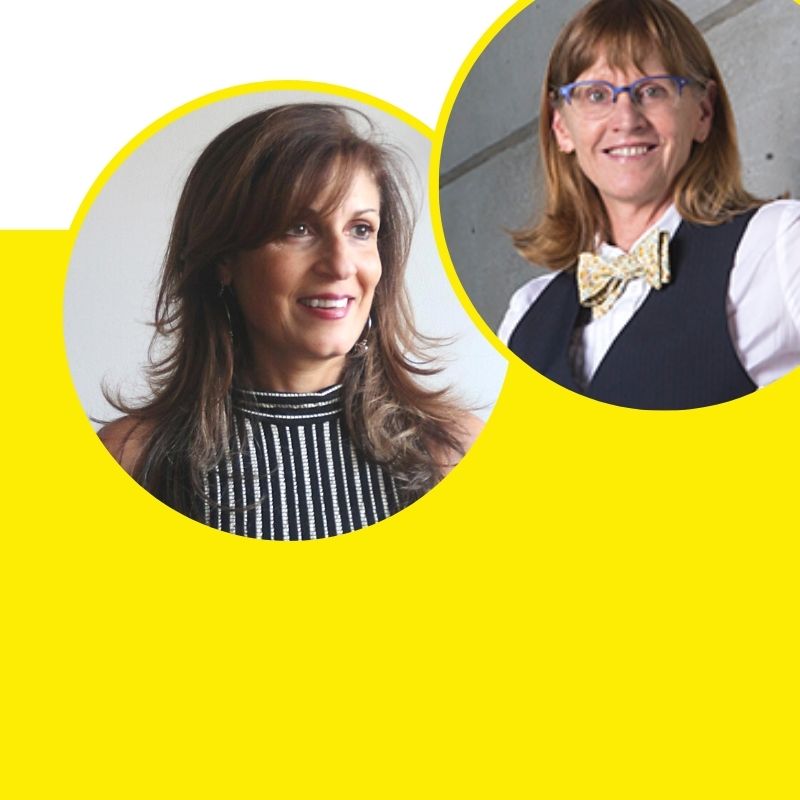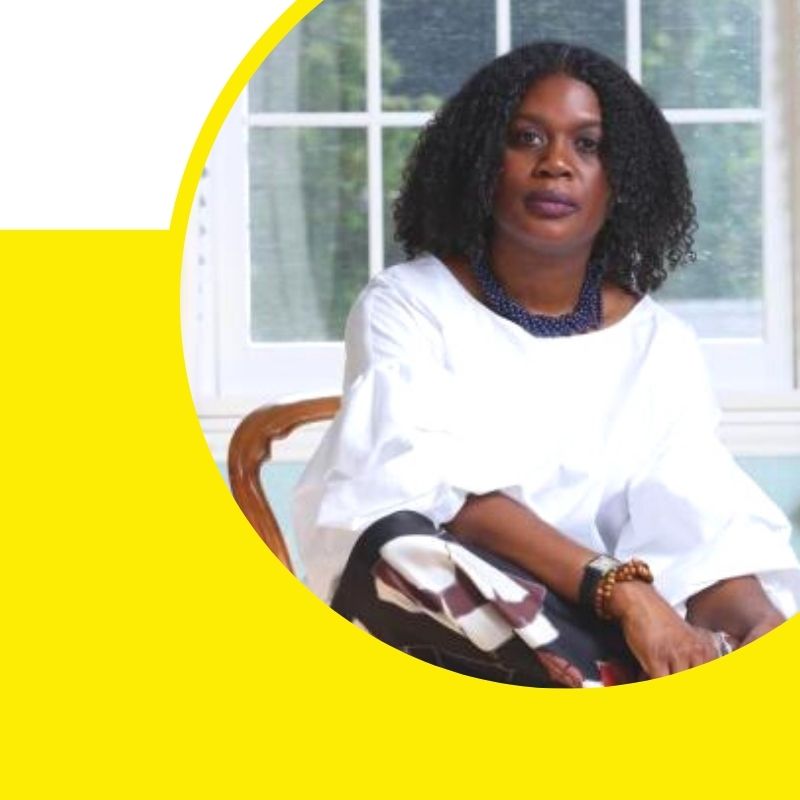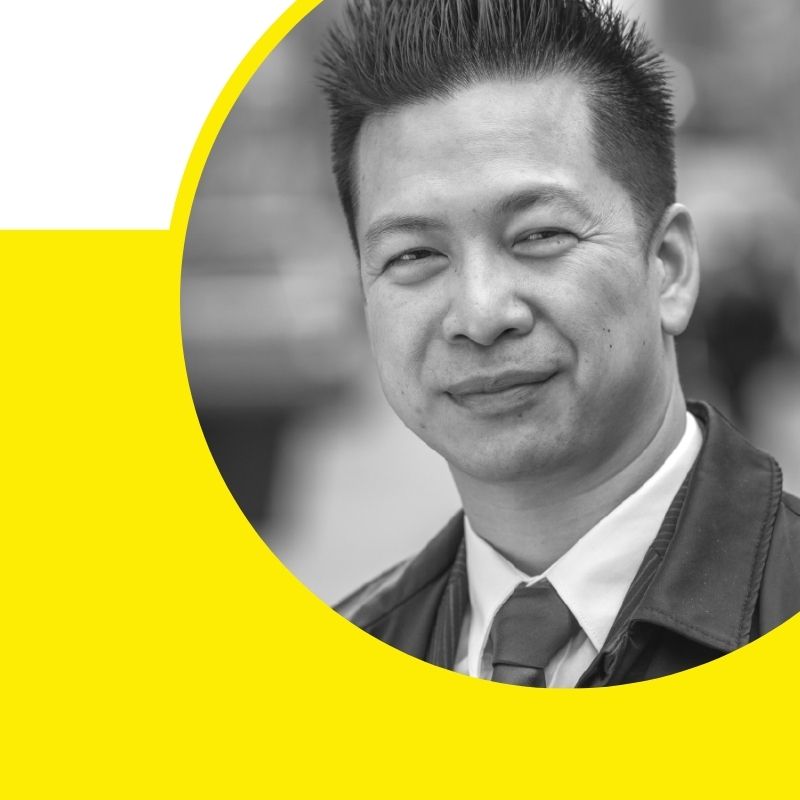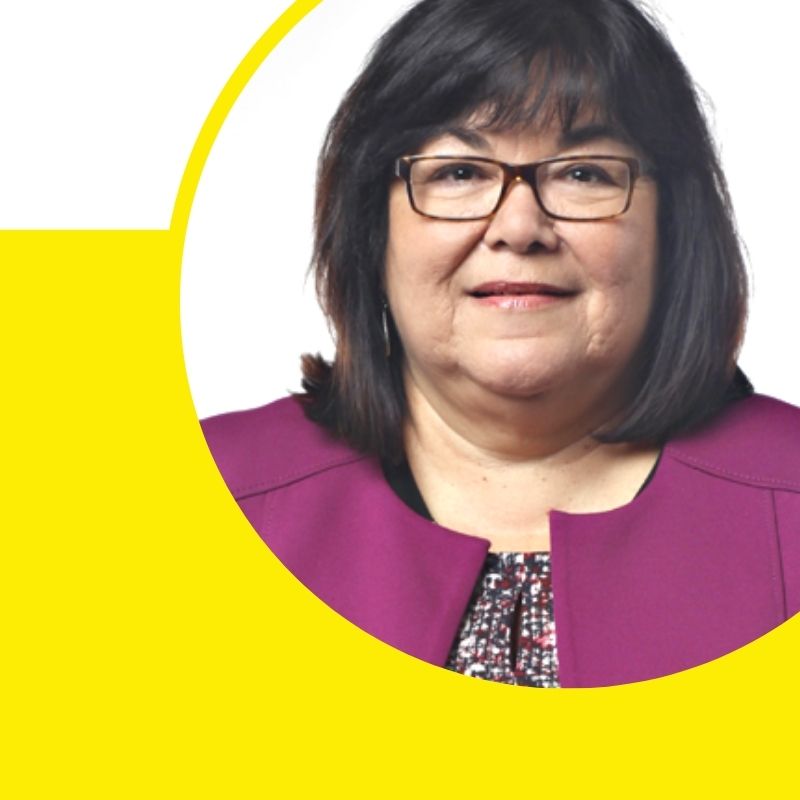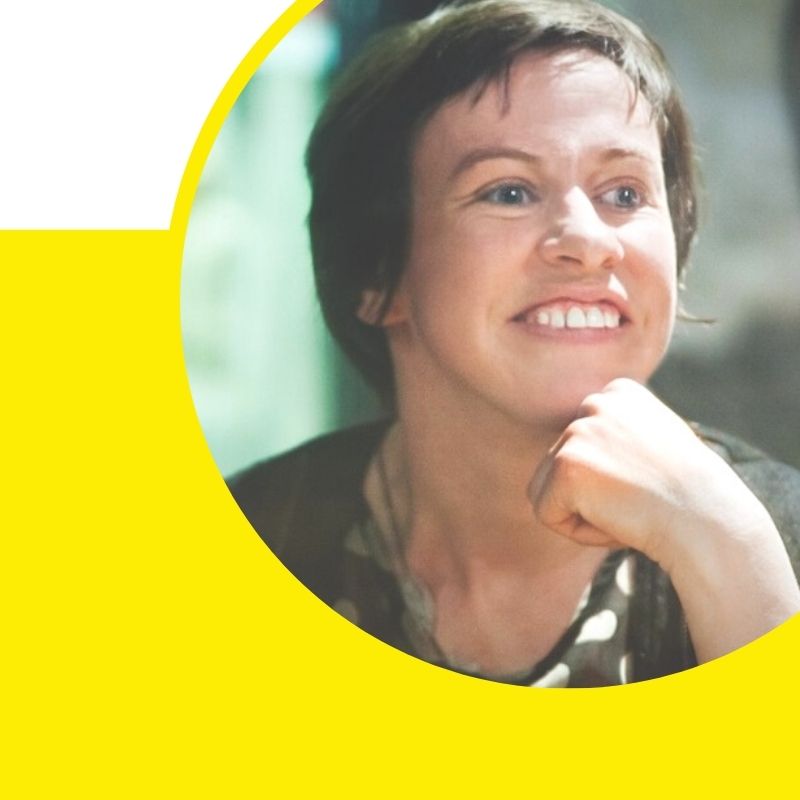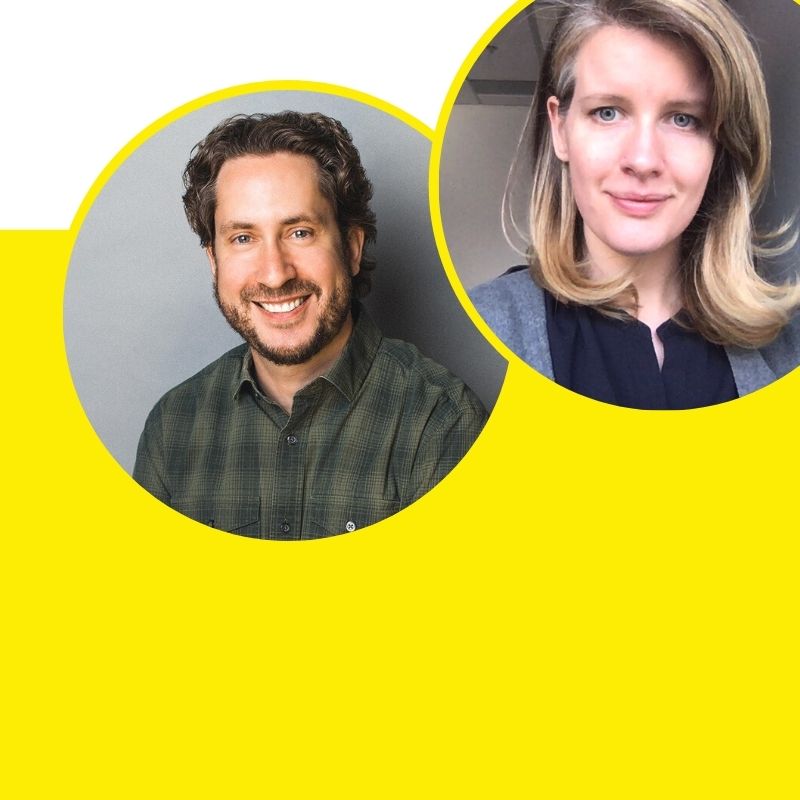Podagogies

Podagogies: A Learning & Teaching Podcast
Podagogies is a learning and teaching podcast hosted by two curious instructors glimpsing into the strategy and improvisation that drives educators. We ask questions about what makes their classrooms tick, and we uncover compelling work of educators who bring scholarship to students in surprising ways. Check out the latest episode and learn more about our hosts below!

When Grief Comes to Class with Dr. Jennifer Poole
Join us for an insightful episode with Dr. Jennifer Poole, an Associate Professor of Social Work at Toronto Metropolitan University and a teaching fellow at the Center for Excellence in Learning and Teaching. Dr. Poole shares her groundbreaking research on grief in educational settings, drawing from her extensive experience and personal journey. We explore her use of circle methodology to create spaces for storytelling and healing, and discuss practical strategies for educators to acknowledge and address grief in the classroom. This episode is a heartfelt exploration of grief literacy and its critical role in teaching and learning.
Follow and listen on Spotify (external link) or SoundCloud (external link)
Chelsea Temple Jones is an Assistant Professor in the Department of Child and Youth Studies at Brock University. Specializing in critical disability studies, as well as disability-driven media development, Jones's teaching focuses on multimedia, activist-driven research methods. She holds a PhD from the joint program in Communication and Culture at TMU and York Universities.
Curtis Maloley is the Director of Teaching Development & Digital Learning at the Centre for Excellence in Learning and Teaching at TMU, and an Instructor in the RTA School of Media.
Past Episodes
Decolonizing Psychology with Dr. Becky Choma, Anik Obomsawin and Jaiden Herkimer
In this episode, we explore the integration of Indigenous perspectives into psychology education with guests, Dr. Becky Choma, a social and political psychology professor at Toronto Metropolitan University, and graduate students Anik Obomsawin and Jaiden Herkimer. They discuss the purposeful process they undertook to begin developing a new course on Indigenous Peoples and Psychology, which is being designed to address the impacts of colonialism on psychological research, teaching, and practice. The conversation covers the importance of collaboration with Indigenous scholars, the challenges of decolonizing academic curricula, and the need for ongoing support and relationality in these efforts. The episode offers valuable insights into how psychology can evolve to better include Indigenous knowledge and perspectives.
(google doc) View the transcript for episode 29 (external link)
Confronting What AI Means for Higher Education with Dr. Bonnie Stewart
Join hosts Chelsea Jones and Curtis Maloley as they dive into the world of open education and digital technology with Dr. Bonnie Stewart, a keynote speaker at the 2024 TMU Learning and Teaching Conference and associate professor at the University of Windsor. In this episode, Dr. Stewart shares her insights on generative AI, reflecting on her initial skepticism and her current views shaped by decades of experience in educational technology. They discuss the Gartner Hype Cycle, the ethical implications of AI in education, and the potential for both transformative and problematic impacts. Dr. Stewart emphasizes the need for educators to engage with AI thoughtfully, balancing innovation with a critical understanding of its effects on students and teaching practices. This episode is a must-listen for educators navigating the complexities of AI in the classroom.
Dr. Bonnie Stewart is an Associate Professor in the Faculty of Education at theUniversity of Windsor. She is an educator and social media researcher fascinated by who we are when we’re online. Associate Professor of Online Pedagogy and Workplace Learning at the University of Windsor, Bonnie explores the implications of digital networks and Generative AI for institutions and society. Bonnie was an early MOOC researcher and ethnographer of Twitter as an academic environment and currently investigates what it means to know, to learn, and to belong in a society shaped by our current information ecosystem. Bonnie is a career educator with extensive facilitation experience in higher ed, who has worked with learners and professionals on all three coasts of Canada and around the world.
(google doc) View the transcript for episode 28 (external link)
Imagining Climate Futures Across Disciplines: Dr. Christine Bolus-Reichert and Dr. Matthew Hoffmann
The climate crisis affects students and educators alike, and requires complex solutions that draw upon expertise that transcends disciplinary boundaries. In this episode, Dr. Matthew Hoffmann and Dr. Christine Bolus-Reichert discuss a course they co-teach at the University of Toronto on Climate Futures, which brings together students from the disciplines of Political Science and English to engage in an imaginative process that offers new ways to connect with politics and to respond to climate change at both practical and personal levels.
Dr. Matthew Hoffmann is a Professor in the Department of Political Science at the University of Toronto Scarborough and co-director of the Environmental Governance Lab at the Munk School of Global Affairs and Public Policy. He teaches classes on international relations, global governance, and environmental and sustainability politics. His research on decarbonization, climate change and environmental politics has been published in 4 books and over 50 journal articles and book chapters. He also regularly contributes to media outlets such as The Toronto Star, The Globe and Mail, and The Conversation and is the chair of the board of directors for the environmental NGO, Green Economy Canada.
Dr. Christine Bolus-Reichert is an Associate Professor in the Department of English at the University of Toronto. Christine Bolus-Reichert’s research centers on Victorian and neo-Victorian literature, especially ballads and romances; literary architecture and literary landscapes; and fantasy and science fiction. She is the author of The Age of Eclecticism: Literature and Culture in Britain, 1815-1885 (The Ohio State University Press, 2009), which focused on two broad understandings of eclecticism in the period—one understood as an unreflective embrace of either conflicting beliefs or divergent historical styles, the other a mode of critical engagement that ultimately could lead to a rethinking of the contrast between creation and criticism and of the very idea of the original.
(google doc) View the transcript for episode 27 (external link)
Embracing Dissonance in Learning and Teaching with Dr. Maureen Connolly
In this episode, we speak with Dr. Maureen Connolly about the value of dissonance in post-secondary learning and teaching. A 3M National Teaching Fellow, Dr. Connolly discusses how her pedagogy focuses on cycles of change: changing knowledge, changing methods of learning and teaching, and a learning environment that is designed to move students out of habitual behaviors and habits of thought. The emergence of Generative Artificial Intelligence is also a moment of dissonance for both educators and learners, and Dr. Connolly offers advice for thinking through how we might respond to the challenges that it occasions.
Dr. Maureen Connolly is a renowned Canadian educator and 3M National Teaching Fellow. She is Professor of Physical Education and Kinesiology at Brock University, and Director of the Brock-Niagara Centre of Excellence in Inclusive and Adaptive Physical Activity.
(google doc) View the transcript for episode 26 (external link)
Open Pedagogy with Dr. Rajiv Jhangiani
In this episode, Dr. Rajiv Jhangiani discusses the role of Open Pedagogy in digital justice and digital education futures. From creating and assessing Open Educational Resources to navigating digital redlining, we critically cover a range of pedagogical practices meant to offer students more agency.
Dr. Rajiv Jhangiani is the Vice Provost, Teaching and Learning at Brock University in Ontario, Canada, where he directs the Inclusive Education Research Lab and is an affiliated member of the Social Justice Research Institute. The architect of Canada’s first zero textbook cost degree programs, his scholarship focuses on open educational practices, student-centered pedagogies, and ethical approaches to educational technology.
(google doc) View the transcript for Episode 24 (external link) .
Teaching Climate Change w/ Dr. Katrina Moser, Dr. Beth Hundey, Sara Mai Chitty and Serena Mendizabal
In this episode, we speak to a teaching team behind "Connecting for Climate Change Action," a course that blends science with storytelling and student reflection to help students take action. Dr. Katrina Moser, Dr. Beth Hundey, Sara Mai Chitty and Serena Mendizabal relay student stories and tell us how they learned to do more than teach the science of climate change as they work together to expand the course's reach beyond Western University.
(google doc) View the transcript for Episode 23 (external link)
Failure, Creativity, and Well-Being in the Classroom with Dr. Krystal Nunes and Dr. Dave Colangelo
In recognition of Wellbeing Week at TMU (October 3-7), two professors discuss their research on how educators can be purposeful about fostering student wellbeing in the classroom.
Dr. Krystal Nunes is an Assistant Professor in the Department of Chemistry and Biology who is studying how students can develop the skill of resilience and learn to appreciate the importance of failure in the sciences. Dr. Dave Colangelo is an Assistant Professor of Digital Creation and Communication in the School of Professional Communication. His work focuses on the connection between creative assessment strategies and mental health.
Both CELT Learning and Teaching Grant recipients, Dr. Nunes and Dr. Colangelo reflect on their research into the impacts of assessment choices and facilitation practices on student mental health and wellbeing.
View (google doc) the transcript for Episode 22 (external link)
Heart-centred Pedagogy with Dr. Robyn Bourgeois
In this episode, Brock University Acting Vice-Provost of Indigenous Engagement Dr. Robin Bourgeois explains what it means to bring “heart-centered” pedagogy to the classroom and beyond. From the position of a classroom “auntie” who invites students to make mistakes, Dr. Bourgeois reveals the magic of her heartful teaching and its wide, growing reach across universities and communities.
View the (google doc) transcript for Episode 21 (external link) .
Imagining Better Learning Spaces with Dr. Terri Peters
Dr. Terri Peters is an Assistant Professor of Architectural Science at X University. Her research focuses on building design, sustainability, health and wellbeing. In this episode, we imagine the future of classroom learning spaces, the benefits of biophilic design, and what it means to invite students back to in-person learning after two years of remote teaching during a global pandemic.
View (google doc) the transcript for Episode 20 (external link)
Unpacking Academic Misconduct with Dr. Eric Da Silva
Dr. Eric Da Silva is an Assistant Professor of Physics and Chair of Toronto Metropolitan University’s Designated Decision Maker Council, a group of faculty members who are trained to adjudicate suspicions of academic misconduct. In this episode, we discuss the impacts of the Covid-19 pandemic and remote teaching on the prevalence of academic misconduct, and discuss ways that educators can create more meaningful assessments and structure pedagogy in ways that encourage academic integrity and support student learning.
View (google doc) the transcript for Episode 19 (external link, opens in new window)
Solution-Focused Graduate Supervision with Dr. Yukari Seko and Asmaa Malik
In this episode, we speak with Dr. Yukari Seko and Asmaa Malik about what they call a “solution-focused” approach to graduate supervision. Together with seven other Supervisors at Toronto Metropolitan University they have been exploring new supervisory strategies that meet the needs and academic development of today's graduate students.
Dr. Yukari Seko is an Assistant Professor at the School of Professional Communication at Toronto Metropolitan University. Asmaa Malik is an Associate Professor and Interim Co-Chair and former graduate program director at the School of Journalism.
View (google doc) the transcript for Episode 18 (external link)
Ungrading with Dr. Ebru Ustundag
In this episode, we explore the concept of ungrading: What is it? How do we get started? What might it mean for students in higher education? After attending the Digital Pedagogy Lab in 2019, Dr. Ebru Ustundag began exploring ungrading in her classes. Over the past year and half she has used ungrading as a teaching strategy to respond to the Covid-19 pandemic, and to deepen student learning and agency. Join us for a discussion of why disrupting traditional grading practices in higher education might benefit both students and instructors.
View the (google doc) transcript for Episode 17 (external link)
Pedagogies of Distress with Dr. Fady Shanouda and Dr. Tobin LeBlanc Haley
In this episode we discuss the theme of distress in our pedagogy and how we handle and address distress with our students in an era of social crisis. Joining us is Dr. Tobin LeBlanc Haley, a Mad critical political economist and critical disability studies scholar who is an Assistant Professor in the Department of Sociology at Toronto Metropolitan University and Dr. Fady Shanouda who is an Assistant Professor at The Pauline Jewett Institute of Women's and Gender Studies at Carleton University.
View the (google doc) transcript for Episode 16 (external link)
Cultivating Indigenous Collaboration in Curriculum with Dr. Shiri Pasternak
As a non-Indigenous educator, and someone who's committed to developing an anti-colonial curriculum, Dr. Shiri Pasternak received a teaching grant to explore possibilities for centering Indigenous analysis, experience, history and epistemology in her classroom, and to do so in ways that take responsibility and build relationships with Indigenous peoples. This past year, she also surveyed her students about their learning experiences, and in this episode we delve into some of what she has learned throughout this process.
View the (google doc) transcript for Episode 15 (external link)
Critical Digital Pedagogy with Dr. Jesse Stommel and Sean Michael Morris
Dr. Jesse Stommel and Sean Michael Morris are the co-founders of the Digital Pedagogy Lab and co-authors of "An Urgency of Teachers: the Work of Critical Digital Pedagogy." In this episode, we look back at a year of emergency remote teaching during a pandemic, and discuss its implications for the work of critical digital pedagogy moving forward.
View the (google doc) transcript for Episode 14 (external link)
Slow Teaching with Dr. Louis-Etienne Dubois
Dr. Louis-Etienne Dubois is an Assistant Professor of Creative Industries, and Director of the Future of Entertainment Lab at Toronto Metropolitan University. In transitioning his courses to an emergency remote environment, Louis decided to take a Slow Teaching approach that he describes as being "low tech and high human," and that focuses on time well spent.
View the (google doc) transcript for Episode 13 (external link)
Discussions Done Differently with Dr. Damien Lee
Dr. Damien Lee is an Assistant Professor and Tier 2 Canada Research Chair in Biskaabiiyang and Indigenous Political Resurgence in the Department of Sociology at Toronto Metropolitan University. In this episode we discuss Dr. Lee's unique approach to asynchronous online discussions in remote teaching.
View the (google doc) transcript for Episode 12 (external link)
Teaching with Podcasts: A conversation with Dr. Lorena Escandon, Wendy Garcia and Angela Glover
Podcasts can be an effective tool for delivering course content and assessing student learning as post-secondary educators prepare to transition to fully remote teaching in the fall. Our guests share their own personal strategies for integrating podcasts in a range of disciplines from Communications to Nursing, and we discuss the impact of podcasts on student learning and engagement. Lots of great advice in this episode, including at least one crucial tip that our hosts, Chelsea Jones and Curtis Maloley, still need to practice.
View the (google doc) transcript for Episode 11 (external link)
Teaching Philosophies with Dr. Annette Bailey
In this episode, we discuss the process of writing a teaching philosophy with Dr. Annette Bailey who is Associate Director of the Collaborative Degree Program in Nursing at Toronto Metropolitan University. A recipient of numerous teaching awards and honours, Dr. Bailey shares her own teaching philosophy, and discusses how she builds intellectual partnerships with both graduate and undergraduate students to co-create knowledge. We also discuss how she empowers students to take control of their own learning and how she organizes debates in her classes as a way to encourage students to solve complex problems.
View the (google doc) transcript for Episode 10 (external link)
Transforming Graduate Education with Dr. Jennifer Mactavish and Dr. Samantha Wehbi
What does a relevant 21st century graduate education look like? As the purpose, meaning and scope of graduate education evolves to meet the challenges of an ever-changing social and technological landscape, we speak with two leaders in the Yeates School of Graduate Studies at Toronto Metropolitan University: Dr. Jennifer Mactavish, Vice Provost and Dean, and Dr. Samantha Wehbi, Associate Dean, Student Affairs. From Graduate courses, comprehensive exams, and dissertations to transdisciplinary research and the importance of building a thriving graduate community on campus, we discuss how graduate education needs to transform to meet the needs of the future.
View the (google doc) transcript for Episode 9 (external link)
Reimagining Science Education with Dr. David Cramb
Dr. David Cramb is Dean of the Faculty of Science at Toronto Metropolitan University, and a passionate advocate for reimagining science education at the post-secondary level. In this episode, we discuss how to shift the culture of science pedagogy in a direction that encourages students to embrace failure, to own the process of learning, and to learn science by doing science. From competency-based assessments to problem-based learning and getting undergraduates more involved in research experiences, to overcoming the tyranny of content in STEM and informing our teaching practice with evidence-based approaches, David Cramb offers a wealth of insight on the future of learning and teaching in the sciences.
View the (google doc) transcript for Episode 8 (external link)
2018 OCUFA Award Winner Dr. Frankie Stewart on Teaching Large Classes
This year’s OCUFA teaching award winner Frankie Stewart is known for her advocacy, mentorship, and her leading role in teaching students how to find their own voice and get buy-in for their ideas. She teaches hundreds mechanical engineering students each year—many in a movie theatre in downtown Toronto. Her tricks for reaching individual students in large classes? Structure, group work, and a steady supply of light switches, picture frames, and other knick knacks to take apart.
View the (google doc) transcript for Episode 7 (external link)
Identity, Inclusion and Difficult Classroom Discussions with Dr. Anita Jack-Davies
In this episode, Dr. Anita Jack-Davies discusses culture clashes in the classroom and what it means to open difficult conversations about race, relationships, and (safely) bringing your identity into the classroom. From “other mothering” to filling in policy gaps, Dr. Jack-Davies discusses ways to support underrepresented students in our classrooms.
View the (google doc) transcript for Episode 6 (external link)
Creating an Open Access Textbook with Dr. Paul Chafe and Aaron Tucker
After two years in the making, Paul Chafe and Aaron Tucker launched a team-built open access textbook this fall called "Write Here, Right Now: An Interactive Introduction to Academic Writing and Research." The interactive book serves an introductory writing course that seats over 1,000 students each year - and you can use it, too. In this episode, Chafe and Tucker explain why they opted to build a single, multimedia tool and how it became imperative to their team-based pedagogy.
View the (google doc) transcript for Episode 5 (external link)
"Super" Experiential Learning and Teaching with Vincent Hui
What happens when you ask students to build a structure that will stop a hamster from falling into a bucket of boiling water? In the fourth episode of Podagogies, Vincent Hui leads us through a "super" experiential learning moment in his classroom.
The award-winning instructor explains why he approaches teaching in a relational way, even if you're teaching classes not everyone likes to teach.
View the (google doc) transcript for Episode 4 (external link)
Debwewin: On the Pedagogy of Truth with Dr. Sheila Cote-Meek
Can we really decolonize classrooms? In this episode, Dr. Sheila Cote-Meek cautions against jumping into "decolonization" too quickly. She describes her research on Indigenous learners and teachers' classroom experiences and strategizes around teaching difficult knowledge. Cote-Meek is the author of Colonized Classrooms: Racism, Trauma, and Resistance in Postsecondary Education and was the 2018 keynote speaker at Toronto Metropolitan University’s Learning and Teaching Conference.
View the (google doc) transcript for Episode 3 (external link)
Accessibility in the Classroom with Dr. Eliza Chandler
Dr. Eliza Chandler is an Assistant Professor in the School of Disability Studies at Toronto Metropolitan University. She is also the founding artistic director of Tangled Art Gallery, Canada's first art gallery dedicated to showcasing disability art and advancing accessible curatorial practices.
View the (google doc) transcript for Episode 2 (external link)
Introductions and Land Acknowledgements
Welcome to the first episode of Podagogies. In this episode, we discuss the format and aims of the podcast, and unpack how educators might use land acknowledgements in their teaching.
View the (google doc) transcript for Episode 1 (external link)
Send feedback, questions and comments to podagogies@torontomu.ca
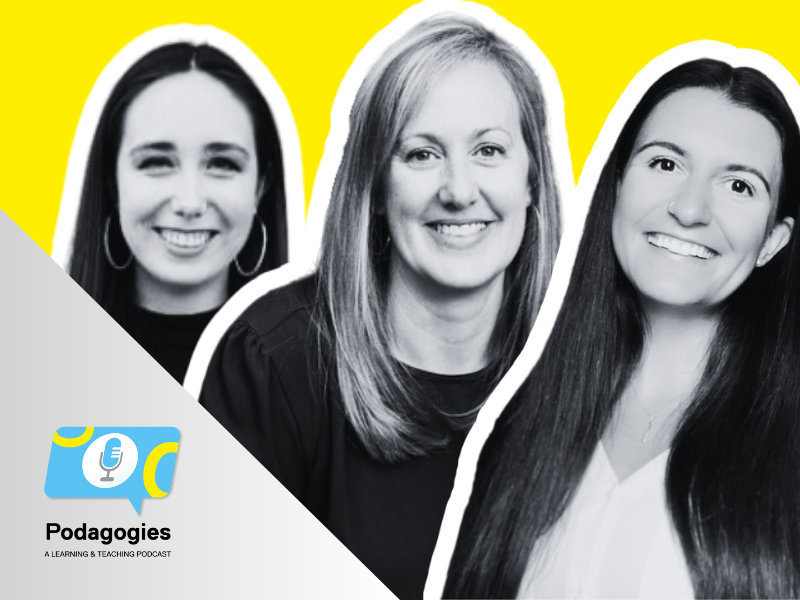
.png)
.png)
